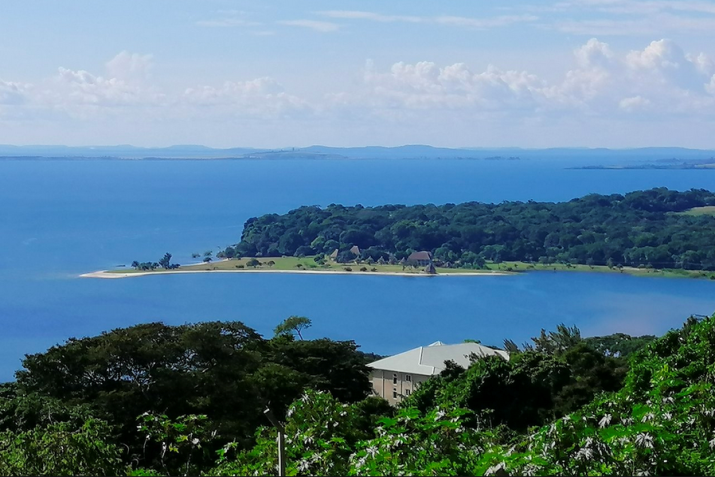Community-Engaged Sickle Cell Disease Research and Educational Outreach in Kalangala, Uganda (2022)

Kalangala, Uganda (Ssese Island District)
Application Deadline:
Project Status:
-
Filled
Faculty:
Topics:
- Health care access,
- Maternal, adolescent and child health,
- Non-communicable diseases
Countries:
- Uganda
Locations:
- Kalangala, Uganda
Start Date:
End Date:
Project Type:
- Student Research Training Program
Pre-Approved:
-
Yes
Placements Available:
-
3
Community-Engaged Sickle Cell Disease Research and Educational Outreach in Kalangala, Uganda (2022)
Summary/History:
In October 2019, The Gates Foundation and the NIH announced a joint effort to develop affordable gene-based cures for sickle cell disease and HIV, targeted specifically for resource-poor countries, especially in Africa. New rapid, point-of-care, sickle cell disease diagnostic tests are ready for validation studies in the field. These efforts signal a new awareness of the need for sickle cell disease research in Africa.
However, even if successful, these technologies need community-based research to assess awareness, acceptability, and feasibility. At the same time, a key value in global health is sustainable, equitable partnerships; this demands we decolonize our practice through capacity building and genuine collaboration.
Therefore, this DGHI SRT program will “twin” Ugandan university students from Kalangala, Uganda with Duke University SRT students, and train them side-by-side as equal partners in the research program. Duke students will gain real-world experience with the tough challenges of achieving equity in research partnerships. Kalangala students will gain valuable research experience and can take the lead by introducing Duke students into their communities.
This DGHI SRT group program will conduct research and community outreach in multiple domains according to student and community interest:
(1) assess community knowledge about sickle cell disease
(2) conduct education outreach in collaboration with local youth through innovative arts-based methods, such as community theatre
(3) assess facilitators and barriers to implementing a new, rapid, diagnostic, point-of-care sickle cell disease diagnostic tool
(4) develop, implement and assess a community-wide screening event in Kalangala
(5) compare effectiveness of different models of community-engaged research
(6) assess impact of twinning model on student learning
(7) develop and implement a mobile phone outreach tool to increase access to sickle cell disease education, care and treatment.
Student Opportunities:
Project Activities: All tasks related to every stage of research from formulating the research question to disseminating the research results. For example, tasks will include: preparation and submission of IRB protocols, performing high-quality literature searches and producing written summaries, developing and delivering research and educational webinars with your Ugandan “twin” researchers, identifying research questions and research aims, developing research instruments (surveys, interview guides, facilitation guide, etc.), collaborating with the community to develop outreach activities, support local implementation of outreach activities, data management and analysis, writing manuscripts, and other research-related activities.
Selection Criteria:
- Ugandans in secondary school and at university are fluent in English, so our team work is in English.
- Interest in global health and non-communicable diseases in Africa (sickle cell)
- Willingness to work closely with Ugandan university students
- Strong written and oral communication skills, excellent time management and organizational skills, and ability to work well both independently and as a team member are all required. Working knowledge of qualitative social science research methods is useful.
- Be comfortable with, and tolerant of, challenging fieldsite conditions, including issues with connectivity while conducting remote research
Most importantly, you must be humble and considerate with local colleagues.
Team meeting information: N/A
Last updated on September 21, 2022